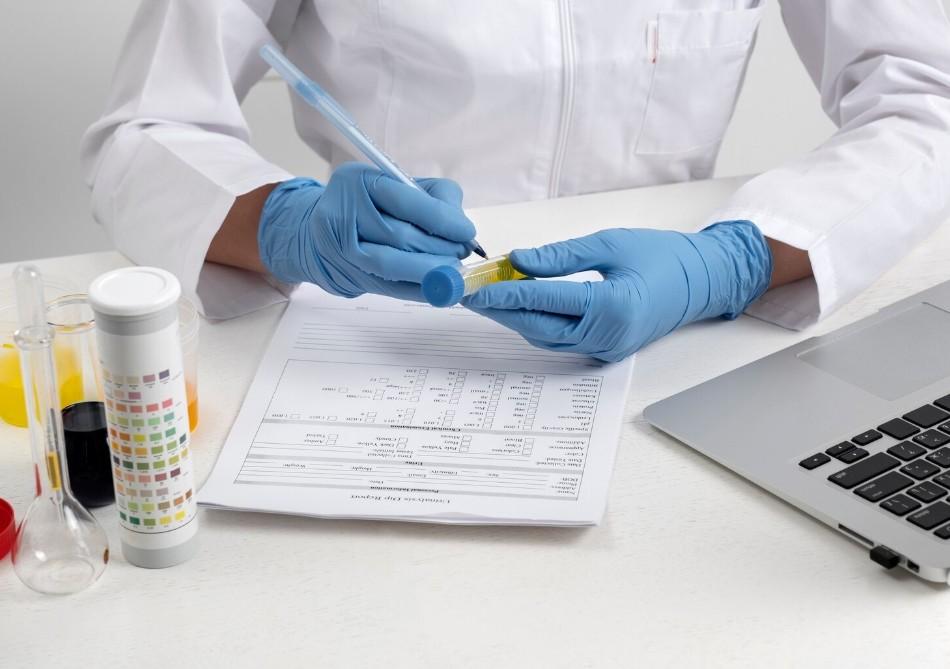Navigating Compliance with FDA Cosmetic Registration and Cosmetic Registration MoCRA

The cosmetics industry in the United States is undergoing a significant regulatory shift, driven by new laws designed to enhance consumer safety and accountability. Two critical components of this transformation are the FDA Cosmetic Registration process and the introduction of the Cosmetic Registration MoCRA (Modernization of Cosmetics Regulation Act). These frameworks represent a pivotal change in how cosmetic products and companies are regulated, requiring manufacturers, processors, and distributors to adapt swiftly to maintain compliance.
Understanding FDA Cosmetic Registration
FDA Cosmetic Registration refers to the mandatory registration of facilities involved in the manufacturing, processing, packaging, or distribution of cosmetic products within the United States. While the FDA previously offered a Voluntary Cosmetic Registration Program (VCRP), the passage of MoCRA has now made this registration a legal requirement.
The registration process involves submitting detailed information about the facility, the cosmetic products manufactured or handled, and their ingredients. This comprehensive data collection helps the FDA maintain an accurate database to monitor the safety and quality of cosmetics available in the U.S. market and facilitates faster responses to any product-related safety concerns.
What is Cosmetic Registration MoCRA?
The Cosmetic Registration MoCRA, enacted in December 2022, represents the most substantial update to U.S. cosmetics regulation since 1938. This act grants the FDA greater authority over cosmetics and establishes new mandates for the industry, including:
-
Mandatory facility registration for all entities involved in cosmetic production and distribution.
-
Submission of detailed product listings with ingredient disclosures.
-
Appointment of a “responsible person” who ensures compliance with safety and regulatory standards.
-
Maintenance of safety substantiation records for all cosmetic products.
-
Prompt reporting of serious adverse events related to cosmetics.
These provisions significantly elevate the standards for cosmetic safety and transparency, reflecting a growing emphasis on protecting consumers from unsafe products.
Who Must Comply?
All companies manufacturing, processing, packaging, or distributing cosmetic products sold in the U.S.—both domestic and foreign—are subject to FDA Cosmetic Registration and Cosmetic Registration MoCRA requirements. Non-compliance can lead to severe consequences, including import refusals, product seizures, fines, and mandatory recalls.
Advantages of Compliance
While compliance may require additional effort and resources, it brings numerous benefits:
-
Enhanced consumer confidence through proven safety measures.
-
Lower risk of costly FDA enforcement actions.
-
Greater supply chain transparency and product traceability.
-
Continued access to the competitive and lucrative U.S. cosmetics market.
Conclusion
The introduction of FDA Cosmetic Registration and the Cosmetic Registration MoCRA signals a new chapter in the regulation of cosmetics, prioritizing consumer safety and industry accountability. Cosmetic companies must promptly familiarize themselves with these requirements and ensure full compliance to avoid penalties and protect their brand reputation. Compliance not only meets legal obligations but also builds consumer trust, which is vital for sustained growth and success in today’s dynamic market. Staying informed and proactive is essential for thriving under these transformative regulations.
- Art
- Causes
- Crafts
- Dance
- Drinks
- Film
- Fitness
- Food
- الألعاب
- Gardening
- Health
- الرئيسية
- Literature
- Music
- Networking
- أخرى
- Party
- Religion
- Shopping
- Sports
- Theater
- Wellness



